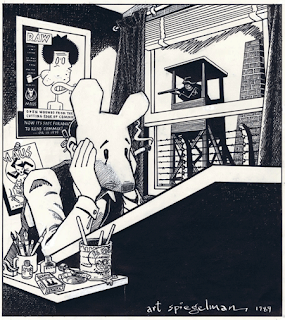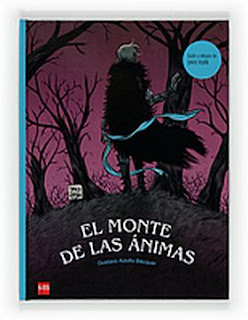WOMEN IN SCIENCE FICTION: MARY SHELLEY CREATED THE GENRE TWO HUNDRED YEARS AGO.
Two hundred years ago, Mary Shelley sat down to write a ghost story and created science fiction. That’s how long we’ve had science fiction.
Women write science fiction. Women have always written science fiction. But often, they have been ignored, or sidelined, or simply slid under the radar.
Women write science fiction. Women have always written science fiction. But often, they have been ignored, or sidelined, or simply slid under the radar.
The genesis of Frankenstein; Or, The Modern Prometheus, to give its full title, is a tale as oft-told as Shelley’s actual story of scientist Victor and his monstrous creation.
Victor Frankenstein breaks the last taboo by daring to play god and create life, harnessing electricity to reanimate an eight-foot monster made from the stitched-together parts of stolen corpses.
However, in the horror fraternity of Dracula, the Wolf Man and the Mummy, Frankenstein’s monster is completely science fiction, created by science, not the supernatural.
And Mary Shelley’s novel is far more nuanced than the cartoonish image we have of the bolt-necked, greenish monster walking around in pursuit of screaming women.
After abandoning his creation in disgust, guilt drives Frankenstein to track down the monster in the Alps, where the creature reveals it has spent their time apart becoming quite erudite, educating itself from several books and developing acute emotional and social sensibilities by observing, at a distance, a poverty-struck family. But with this growing self-awareness comes the knowledge of the creature’s place in the world, and of what he has and has not… and wants.
The monster tells Frankenstein to create a woman to share its life with her but the creation finally embraces his darker side when Frankenstein refuses and the monster kills his creator’s wife on their wedding night.
While during her lifetime, Mary Shelley was considered the less successful writer in her marriage to Percy Bysshe Shelley, her writing has endured and inspired generations of writers. Not only has her novel Frankenstein served as an influence to the horror genre, both written and film, but she is also credited with creating the post-apocalyptic genre with her novel The Last Man.
Like her mother, Mary Wollstonecraft, Mary broke the rules of her time.
Wollstonecraft had the nerve to argue for women’s independence.
Sadly, in 1797, Wollstonecraft died ten days after giving birth to her daughter Mary. But young Mary idealized her mother. She read all of Wollstonecraft's books and modeled her own life on her mother's philosophy of freedom, running away to Paris at the age of 16 with her married lover Percy Shelley, writing Frankenstein at 19, and authoring articles and books that exposed the causes of women's suffering and promoted women's independence, all while being shunned by 'good' society.
Today, it might seem that we no longer need to remember Wollstonecraft and Shelley. Women can vote, drive, buy and sell property. Domestic abuse is illegal. Men and women share equal legal and political rights. And yet Wollstonecraft and Shelley are still important role models for those of us who fight against the damaging assumptions of our world. Both mother and daughter show us how to have the courage to fight against society's injustices. They endured poverty, hatred, and exile to live lives they were not supposed to live and to write books they were not supposed to write.










Comentarios
Publicar un comentario